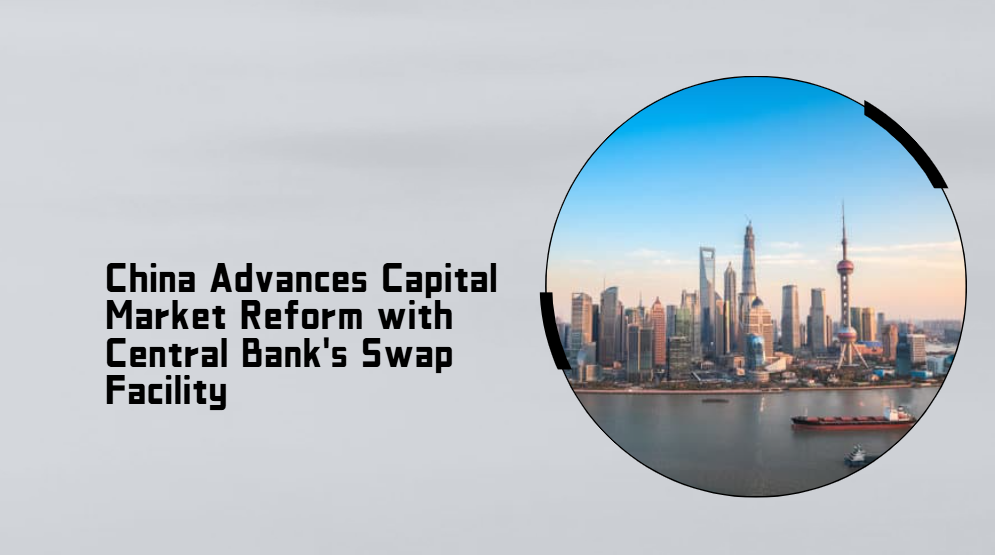Global Finance Leaders Gather at Beijing's Financial Street Forum to Discuss Swap Mechanism and Financial Cooperation
Beijing's Financial Street has once again become the center of attention for the global financial community, as the 2024 Financial Street Forum Annual Conference opened on October 18. With more than 500 distinguished guests from over 30 countries and regions, this year’s event, running for three days, will focus on key economic and financial issues, aiming to foster trust, enhance cooperation, and share development opportunities.
The theme of this year's forum, "Trust and Confidence—Promoting Financial Openness and Cooperating for Shared Economic Stability and Growth," underscores the importance of trust as the foundation for international collaboration and confidence as a driving force behind economic progress. The forum's agenda features a main forum, parallel forums, and a FinTech conference, designed to address pressing global financial challenges.
During the opening ceremony, key leaders from China;s financial regulatory bodies, including the People's Bank of China, the National Financial Regulatory Administration, and the China Securities Regulatory Commission, delivered speeches. The forum will also showcase authoritative interpretations of financial regulatory policies and provide insight into both international and domestic economic trends.
One of the highlights of this year's forum is its focus on the swap mechanism, a tool that plays a pivotal role in ensuring liquidity and stability within capital markets. Since the introduction of China's Securities, Funds, and Insurance Companies Swap Facility (SFISF) in October, the country has taken significant strides to further open up its capital markets. The SFISF allows qualified financial institutions to swap various assets, such as bonds and stock ETFs, for more liquid assets like treasury bonds, bolstering market stability and supporting financial sector growth.
While the central bank's announcement of the SFISF came earlier in the month, the forum provides an ideal platform for experts and policymakers to discuss its broader implications. The swap facility is expected to improve liquidity management for participating institutions, reduce market volatility, and foster a healthier financial ecosystem. Wu Qing, Chairman of the China Securities Regulatory Commission, emphasized in his keynote speech that such mechanisms are critical in advancing the reform of China's capital markets.
The forum's international reach has expanded this year, with subvenues set up in Hong Kong, Luxembourg, and Tokyo. For the first time, the Hong Kong Financial Services Development Council has been invited to co-host thematic activities in Beijing, further enhancing cross-border financial collaboration. The event's international nature is underscored by the participation of foreign governments and enterprises, as well as the fact that 40% of the forum's speakers are from overseas.
Beyond financial theory and policy discussions, the forum also serves as a practical platform for driving industry collaboration. The event features specialized sessions, such as a fund-themed forum, corporate roadshows, and matchmaking events between industry and finance, facilitating deep engagement between financial institutions and the real economy.
To engage a broader audience, the Financial Street Forum has organized a range of public events, from shopping festivals to technology exhibitions. A variety of activities, including auto shows, product roadshows, and outdoor dining experiences, are taking place in Beijing’s central shopping districts, highlighting the forum’s inclusive approach that extends beyond the finance sector.
Since its establishment in 2012, the Financial Street Forum has grown into a premier platform for discussing financial reform and development, both in China and globally. It continues to serve as a key venue for shaping the future of finance and promoting sustainable economic growth through open dialogue and cooperation.






















































First, please LoginComment After ~